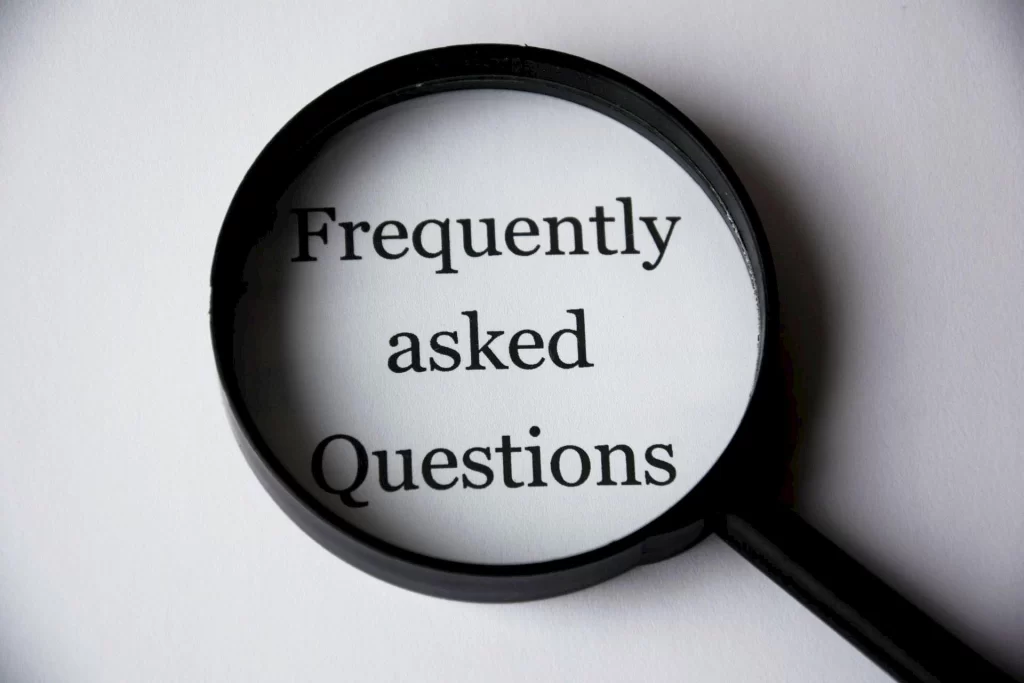How to Write A Will In Malaysia (Guide)
How to Write a Will in Malaysia (2025 Step-by-Step Guide)
Writing a will is one of the most important steps any Malaysian can take to protect their family. Yet many people delay the process because they assume it is complicated, costly, or something only older individuals need. In reality, creating a will is straightforward when you understand what to prepare, who to appoint, and how to put everything into writing clearly.
This guide explains how to write a will in Malaysia in a practical, easy-to-understand way, without giving legal advice. Everything here is purely educational, designed to help Malaysians prepare the correct information before engaging a qualified will writing or trustee service.
TL;DR:
To write a will in Malaysia, list your assets, choose your beneficiaries, appoint a trustworthy executor, and include two qualified witnesses. Ensure the document is clear, signed, and stored safely to avoid disputes. Using a professional will writing service helps ensure accuracy and long-term protection.

Why Every Malaysian Should Have a Will
A will ensures your assets are distributed according to your wishes. Without it, your estate may be delayed, fall under default distribution rules, or cause unnecessary stress to your loved ones. Even individuals with modest wealth benefit from having a clear written document that outlines:
Who receives your assets
Who manages your estate
Who takes care of minors
How your possessions should be handled
A well-prepared will can prevent confusion and family disputes, and allows your instructions to be carried out smoothly.
Key Requirements for a Valid Will in Malaysia (Simplified)
While this guide does not provide legal advice, Malaysians generally prepare a will that follows several well-known principles:
The testator (the person writing the will) must be at least 18 years old.
The will should be in writing, signed, and witnessed.
The testator should be of sound mind when signing.
There must be two qualified witnesses, who are not beneficiaries.
Again, this is not legal advice – it is a simplified overview commonly shared for general understanding.
Step-by-Step: How to Write a Will in Malaysia (2025)
Below is the practical, consumer-focused version you requested — clear, structured, and easy to follow.
Step 1: List Out All Your Assets
Before writing anything, gather a complete list of your assets such as:
Savings accounts
Fixed deposits
EPF
Insurance policies
Real estate
Vehicles
Investments
Personal valuables (jewellery, collectibles, etc.)
This helps you avoid leaving anything out and makes your instructions easier for your executor and family to follow.
Step 2: Decide Who Inherits What
Be clear about how you want your assets distributed. Many Malaysians choose:
Immediate family members
Parents
Spouse
Children
Trusted individuals
Charitable organisations
To avoid disputes, the instructions should be as clear and specific as possible.
Step 3: Appoint a Responsible Executor
Your executor is the person or professional entity who handles your estate after your passing. They will:
Submit documents
Handle administrative matters
Distribute your assets
Ensure your instructions are followed
A reliable executor is crucial. Some people choose a family member, while others prefer a professional trustee company for neutrality and long-term continuity.
Step 4: Choose a Guardian for Minor Children (If Applicable)
If you have children below 18, you may name a guardian. This ensures your children are cared for by someone you trust. Without this appointment, there may be unnecessary disputes or delays.
Step 5: Prepare Clear Instructions
A well-written will provides clarity such as:
How your assets should be split
Who should manage your estate
Specific instructions for properties or personal items
Any support you wish to allocate for dependents
Keep the language simple and direct. Avoid ambiguity or overly complex instructions.
Step 6: Sign the Will in Front of Two Qualified Witnesses
After completing the document, sign it in the presence of two witnesses who:
Are at least 18
Are mentally competent
Are not beneficiaries
Witnessing is essential to ensure the will is recognised as valid.
Step 7: Store the Will Safely
A will is only useful if it can be found. Many Malaysians lose their will because it is stored at home without proper security.
Safe storage options include:
Professional will custody services
Secure physical vault storage
Trustee companies (for long-term safeguarding)
This prevents loss, tampering, or accidental destruction.
Common Mistakes Malaysians Should Avoid
Using unclear or conflicting instructions
Appointing a beneficiary as a witness
Forgetting to include digital assets or insurance nominations
Not naming an alternate executor
Storing the will in an unsafe place
Not updating the will for many years
Avoiding these mistakes helps protect your family and ensures a smoother process.
Writing a will is one of the simplest yet most meaningful steps you can take to protect your family’s future. By avoiding common mistakes such as unclear instructions, unqualified witnesses, outdated information, or unsafe storage, you ensure your wishes are carried out smoothly during a difficult time. A well-prepared will brings clarity, reduces potential disputes, and provides peace of mind for the people you care about most. If you are unsure where to begin or want added structure and guidance, seeking professional support can help ensure your will is accurate, secure, and aligned with your intentions.
If you’re ready to prepare your will or would like help reviewing your existing instructions, our team at CNB Amanah is here to guide you with clarity and professionalism. Explore our services to learn how we can support your will writing, trust setup, and long-term estate planning needs.
Key Takeaways:
• Writing a will in Malaysia requires clear instructions, proper witnessing, and safe storage.
• Prepare your asset list, choose your beneficiaries, and appoint a trustworthy executor.
• Update your will regularly to ensure it reflects your latest wishes.
• Professional will writing services help improve clarity, structure, and long-term protection.
Disclaimer:
This article is intended for general informational purposes only and does not constitute legal, financial, or tax advice. CNB Amanah does not provide legal opinions through this content. For personalised guidance, please consult a qualified professional or engage an authorised trustee service.

FAQ
1. Do I need a lawyer to write a will in Malaysia?
No, you can write your own will, but many Malaysians prefer using a professional will writing service to ensure the document is clear, properly structured, and safely stored. This article is for general information only and not legal advice.
2. Who can be my executor?
Any responsible adult can be appointed as an executor. Some people choose a trusted family member, while others appoint a professional trustee for neutrality and continuity.
3. Can beneficiaries witness the will?
No. Beneficiaries and their spouses should not act as witnesses. Witnesses must be independent to avoid conflicts of interest.
4. When should I update my will?
You should update your will after major life events such as marriage, divorce, having children, acquiring new assets, or changes in your intended beneficiaries.
5. Where should I store my will?
Store your will in a secure and accessible place. Many Malaysians use professional will custody services to prevent the will from being lost, damaged, or tampered with.
Looking for more guidance on will writing, trust services, and family wealth structuring in Malaysia?
Explore our in-depth resources across CNB Amanah.
For cross-border estate and trust planning involving Singapore, Indonesia, or Thailand, visit our regional partner at CNB Trustee for broader family wealth strategies.
Need help writing your will?
CNB Amanah’s licensed experts provide will writing services tailored to Malaysian law, ensuring your wishes are respected.
📞 +60 18-872 8001 | 💬 WhatsApp Us | 📩 Contact Us
Recent Post
Have Any Question?
We strive to provide our readers with engaging and informative content that keeps them up-to-date on the latest developments in our industry.

